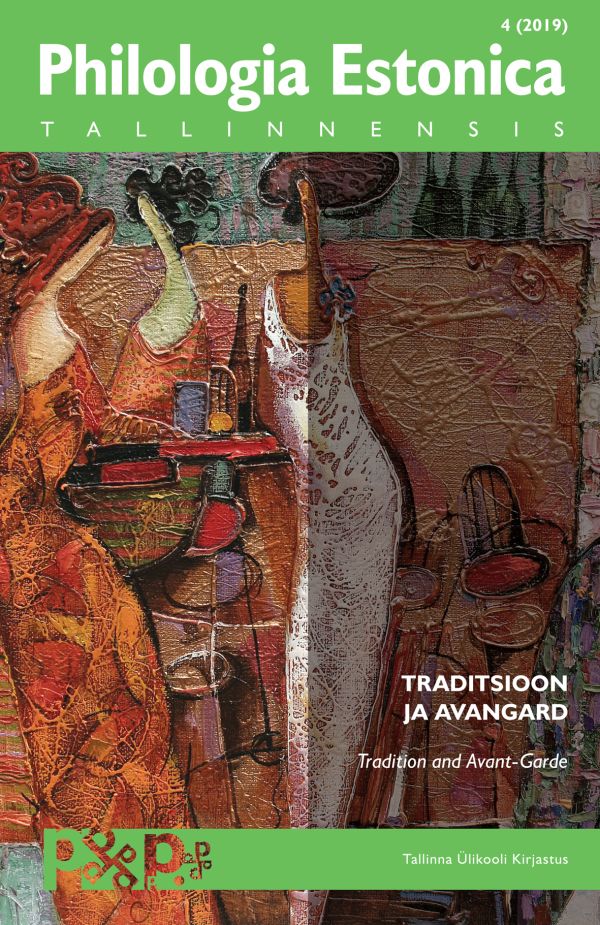Traditsioon ja avangard eesti kirjandusõpetuse kujunemisloos
TRADITION AND AVANT-GARDE IN THE DEVELOPMENT OF ESTONIAN LITERARY PEDAGOGY
Author(s): Katre TalvisteSubject(s): Comparative Study of Literature, Estonian Literature
Published by: Tallinna Ülikooli Kirjastus
Keywords: literary pedagogy; curriculum development; literary history; Estonian literature; world literature;
Summary/Abstract: The paper discusses two traditions that developed in the Estonian literary pedagogy of the twentieth century. The first one concerns the structure of the subject matter. Literature was taught as two separate sub-disciplines, one of them being Estonian literature and the other covering other literatures using varying terms. The composition of this other field of study has varied over time. The early focus on the Western canon, with a diversifying preference for neighbour literatures as well as other Finno-Ugric literatures, was fueled by the national romanticist ideology. It was then forcibly replaced by a strong priority for Russian literature and other Soviet literatures during the Soviet occupation. This shift was in turn in the 1990s followed by restoration of former priorities and updating of the learning content. The second tradition is that of a strong preference for bio-historicist narratives as learning content. This tradition was inspired by the early twentieth-century literary scholarship and was necessitated by the conditions of the Estonian literary field at the time: a relative lack of available translations and the general public’s limited literary education. Focusing on narratives of literary history created a tendency to perceive literature as a field of positivist knowledge instead of interpretive competences and activities. The Soviet literary pedagogy perpetuated that tendency. Finally, the paper describes the efforts of the twenty-first-century curriculum development that aims to change these two traditions. The goal is to introduce an integral view of literature, and to develop teaching of interpretive skills and critical reading. These elements have so far depended mostly on individual teachers’ efforts, without sufficient systematic support from literary scholarship in the form of adequately adapted skillsets. It is important that the academic discipline renew its own perspectives in order to contribute to the development of such skillsets for general education.
Journal: Philologia Estonica Tallinnensis
- Issue Year: 4/2019
- Issue No: 1
- Page Range: 32-55
- Page Count: 24
- Language: Estonian

